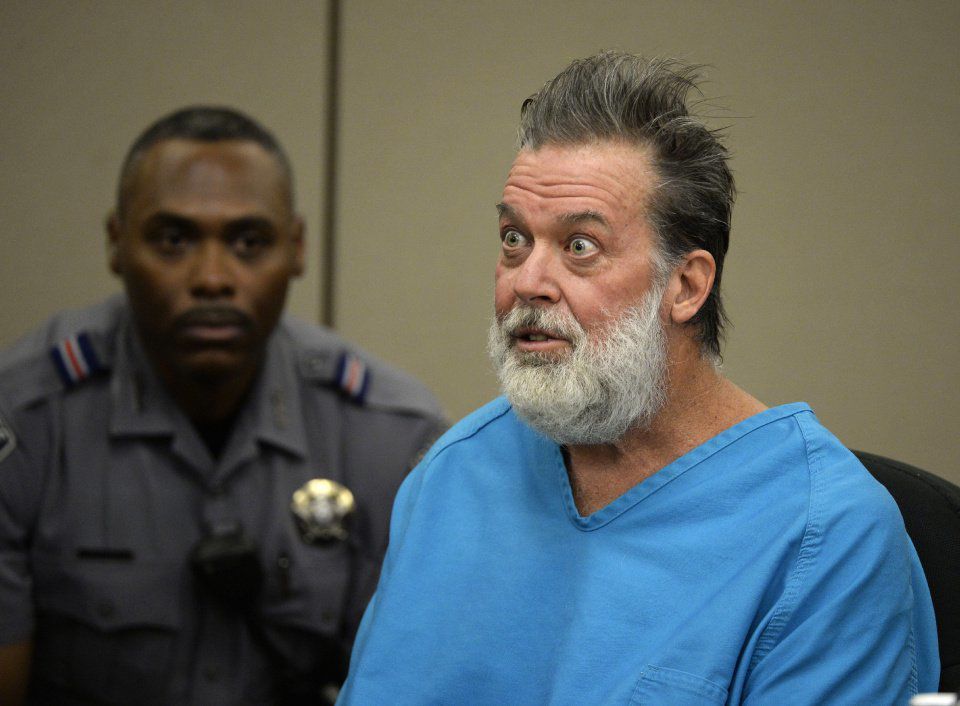Federal judge advances lawsuit against Griswold over non-disclosure of dead voter data

David Zalubowski/Associated Press
A federal judge has rejected an attempt by Secretary of State Jena Griswold to dismiss a lawsuit seeking to declare her office has withheld data about deceased voters in violation of the law.
Colorado, and more than two dozen other states, are members of the Electronic Registration Information Center — a data-sharing organization that enables states to maintain more accurate voter registries. ERIC sends regular reports to members about deceased and likely deceased voters through its authorized access to Social Security Administration data.
In 2021, Griswold’s office declined to provide ERIC’s deceased voter reports to the Public Interest Legal Foundation, which touts its work “preventing voter fraud” and whose chairman, Cleta Mitchell, was recommended for prosecution in connection with former President Donald Trump’s efforts to overturn the 2020 Georgia election results.
The foundation claimed it was entitled to the information under the National Voter Registration Act, which Congress enacted in 1993 to, among other things, make it easier for voters to register through motor vehicle offices. Part of the law requires states to make available “all records concerning the implementation of programs and activities” to ensure accurate voter lists.
In response to the foundation’s records request, Deputy Secretary of State Christopher P. Beall said Colorado receives data “from a variety of sources” to maintain the accuracy of its voter registry and “does not treat” the ERIC reports as part of its activities. Therefore, it did not have to produce the reports to the foundation.
The foundation countered in its court filings that the “ERIC Deceased Reports ‘concern’ voter list maintenance activities in every sense of the word.”
On Sept. 29, U.S. District Court Chief Judge Philip A. Brimmer rejected Griswold’s motion to dismiss the case, noting federal law broadly requires disclosure of information concerning list-maintenance activities.
“Accordingly, the Foundation has sufficiently alleged the ERIC records it seeks are concerned with implementing a program or activity under the NVRA, namely, maintaining accurate voter rolls,” he wrote.
Brimmer addressed Griswold’s concern that other federal laws govern the privacy of motor vehicle records and the confidentiality of the underlying data ERIC uses to produce its reports. Griswold characterized the foundation’s lawsuit as an “end run” around those privacy protections that could expose the state and ERIC to penalties.
“The Court agrees with the Foundation that information covered by the disclosure provision of the NVRA, but protected by other federal statutes, should be read as exceptions to the NVRA’s disclosure provision,” Brimmer wrote.
Consequently, any legitimate prohibitions on disclosing data could likely be solved by redacting specific information, rather than withholding all records, he explained.
The foundation has filed suit against other states in seeking similar data related to voter lists. Last month, a federal judge in Alaska signed off on a settlement that permits the foundation to receive that state’s deceased voter reports from ERIC with redactions.
NPR reported earlier this year that multiple Republican-led states withdrew from their membership in ERIC after conservative conspiracies about the organization began to surface. The former Republican secretary of state for Alabama, whose successor withdrew the state from ERIC in January, called the criticism “ill-informed, uninformed or uneducated.”
The case is Public Interest Legal Foundation, Inc. v. Griswold.















